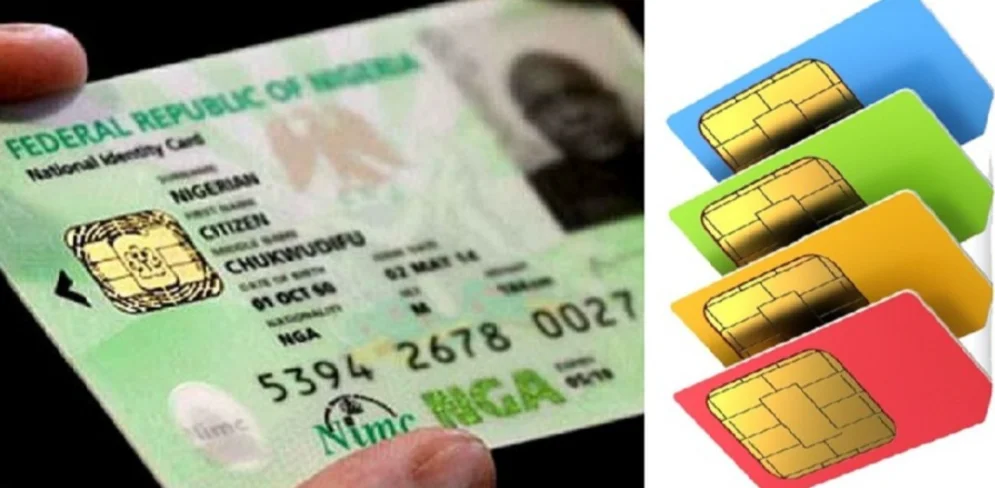Nigeria Issues 10 Million New NINs in 2025 as Total Enrollment Hits 124 Million
The National Identity Management Commission (NIMC) has issued 10 million new National Identification Numbers (NINs) between January and October 2025, bringing Nigeria’s total enrollment to 124 million. This marks one of the fastest year-on-year increases recorded by the commission in the last decade.
The update was provided in Abuja by Alvan Ikoku, Deputy Director and Head of Strategy at NIMC, during a session with the 2025 DPI/DPG Journalism Fellowship cohort. According to him, NIN registration has seen “steady, aggressive growth,” rising from 114 million in 2024 to the current total.
Gender Breakdown
- Men: 69.7 million
- Women: 54.2 million
Despite the overall surge, men still hold a slight majority of all issued NINs. Ikoku noted that registration remains strong across all zones, including among Nigerians in the diaspora.
State-by-State Enrollment Highlights
Lagos continues to lead with the highest number of issued NINs, followed closely by Kano and Kaduna.
Top-Performing States
- Lagos: 13.1 million
- Kano: 11.5 million
- Kaduna: 7.3 million
- Ogun: 5.12 million
- Oyo: 4.7 million
Lowest-Performing States
- Bayelsa: 803,874
- Ebonyi: 1.03 million
- Ekiti: 1.16 million
Diaspora Enrollment
- 1.53 million NINs issued abroad, with men accounting for a higher share.
Key Numbers at a Glance
- 124 million total NINs issued
- 10 million new NINs in 2025
- 1.53 million issued in the diaspora
- 69.7 million issued to men
- 54.2 million issued to women
- 13.1 million issued in Lagos (highest)
- 803,874 issued in Bayelsa (lowest)
Nigeria’s Push for a Unified National Database Faces Delays
Ikoku acknowledged that Nigeria’s identity harmonisation project, which aims to merge databases such as voter registration, BVN, passport data, SIM registration, and driver’s licenses, is progressing more slowly than planned.
He cited poor interagency cooperation as a major barrier. In some cases, internal laws restrict data sharing, requiring amendments before full integration can occur.
NIMC’s Next Steps: Strengthening Nigeria’s Identity Infrastructure
To advance national identity management, NIMC plans to:
- Upgrade the Automated Biometric Identification System (ABIS) to support 250 million records
- Implement the NIMC 2.0 framework
- Build the foundation for a nationwide Nigeria Stack
- Expand mobile enrollment to rural areas, IDP camps, and correctional centres
- Accelerate rollout of the General Multi-Purpose Card (GMPC) for payments, travel, social services, and more
Ikoku stressed that sustained funding, improved infrastructure, and stronger public awareness campaigns are essential to achieving a unified and reliable national identity system.












